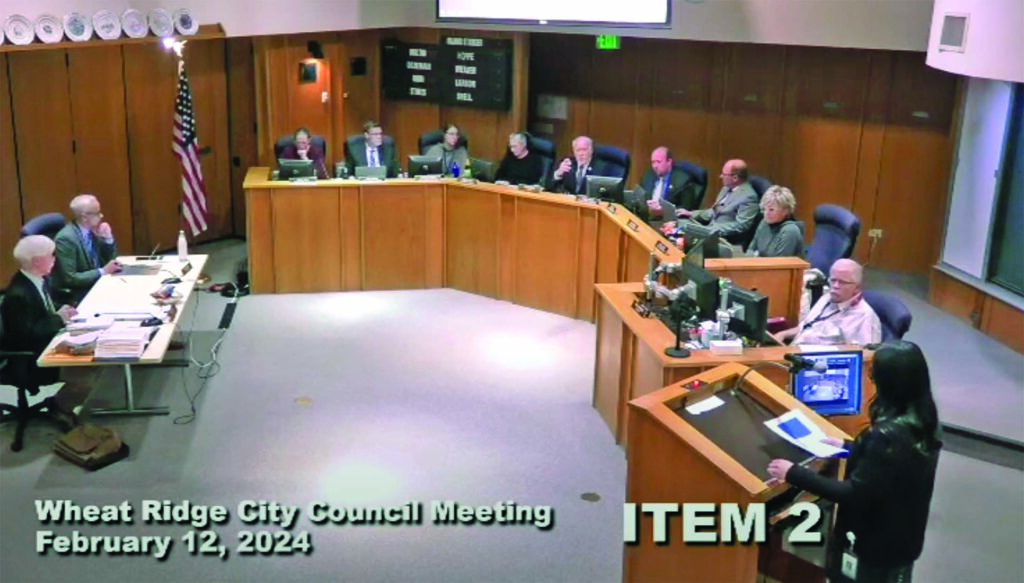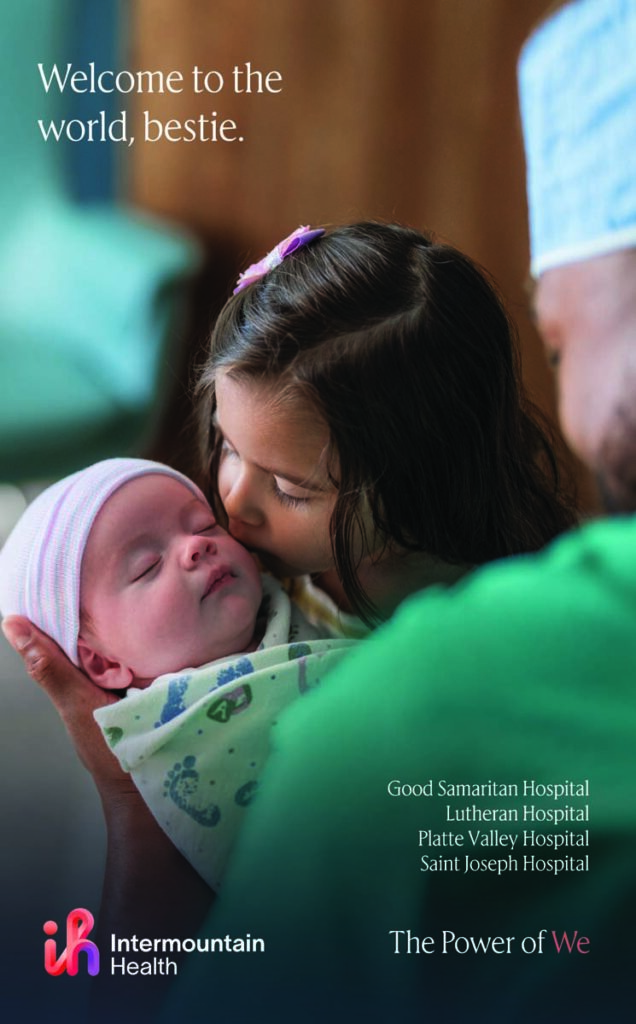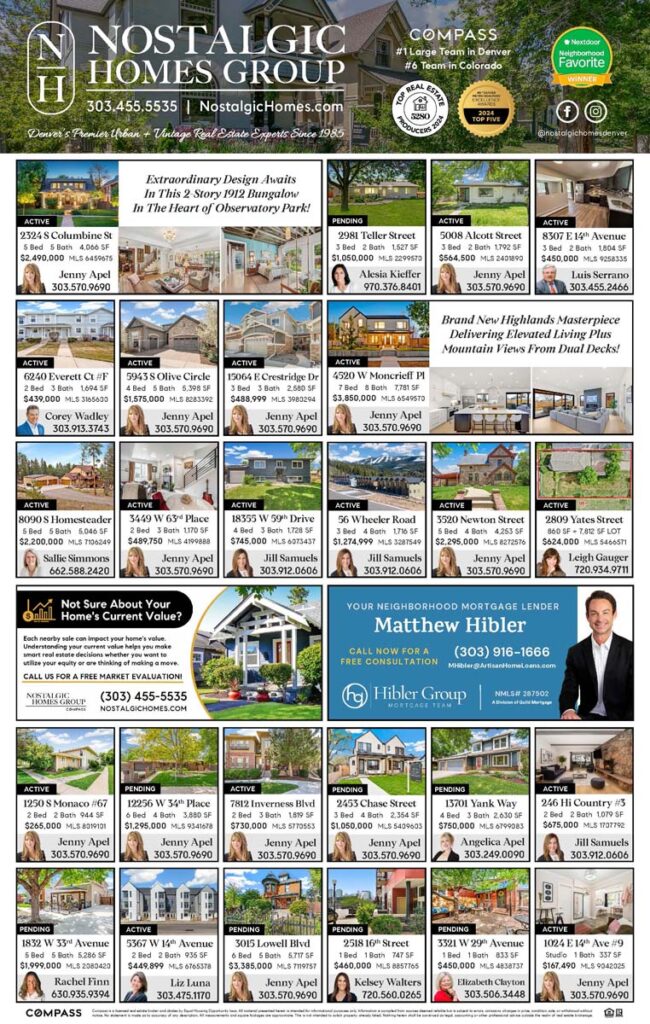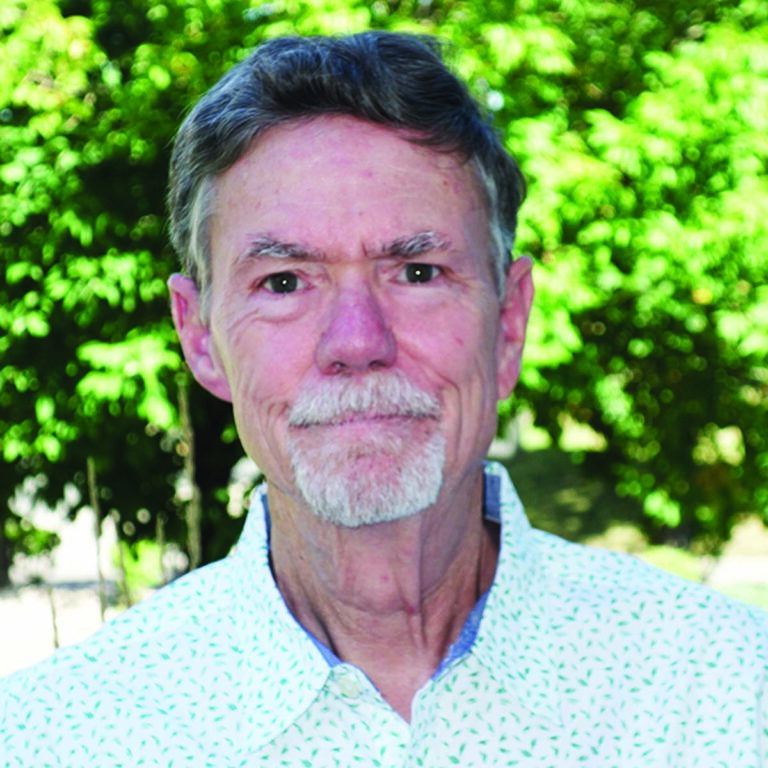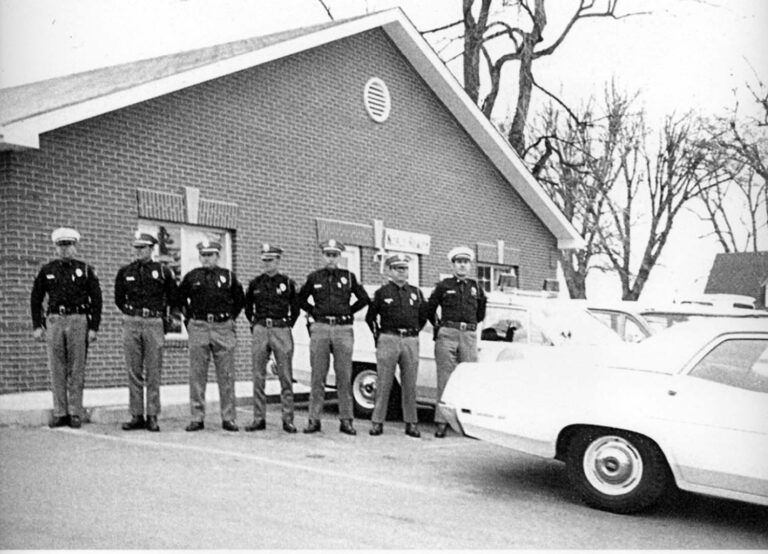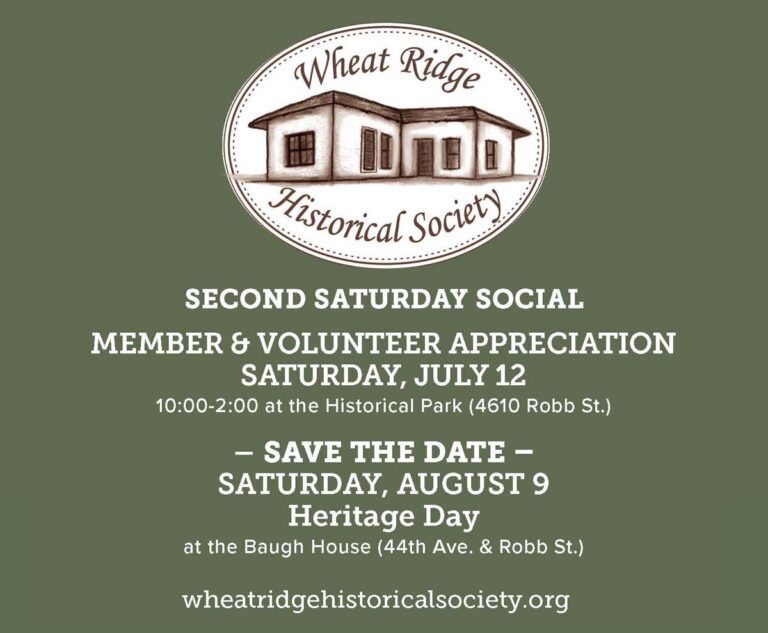City council unanimously approved a resolution in support of democracy during the February 12 meeting. The resolution, which councilor Dan Larson called “one of the strongest and most clearly written documents I’ve read in a long time,” declares the council’s unwavering commitment to supporting democracy.
“The resolution affirms, emphasizes, and actively promotes democratic values and principles within the city of Wheat Ridge, encouraging widespread participation in fostering an inclusive and accountable governing structure,” said councilor Jenny Snell, reading the resolution.
“Democracy is closest in our own backyards,” said councilor Rachel Hultin, explaining the resolution was drafted to maintain the sacredness of democracy in Wheat Ridge, and according to the resolution’s language “reassures the community that the City of Wheat Ridge is committed to supporting democracy…and underscores the democratic principles that are intrinsic to the City’s identity.”
The vote comes after a wave of hateful and antisemitic sentiments infiltrated public meetings and community conversations over recent months. Last month, Mayor Bud Starker took a strong position against such comments with an editorial in The Neighborhood Gazette, calling the remarks “disturbing, shocking, offensive and unacceptable.”
During the public comment portion of the meeting, residents continued to publicly condemn the pseudo town hall gathering in January which was coordinated to address the potential need to support the migrant population received in Denver.
“I was really upset to hear about some of the fear-based rhetoric being used at that town hall,” said resident Kelly Blynn. “I wanted to show up as one more resident to say I support the city doing what it can to help out with this crisis, and I know I’m far from the only one.”
Acknowledging uncertainty for what measures were within reach or feasible to address the humanitarian crisis, Blynn emphasized the need for the city to demonstrate and maintain compassion.
“I think even demonstrating our values to be welcoming to our new neighbors is meaningful in a time of such fear and division, and I hope we will do what’s within our capacities knowing how much our neighbors in Denver have stepped up.”
During regular business, the council voted unanimously to approve the request for a zone change for a vacant half-acre lot at 10390 W. 38th Avenue.
Under the approved rezoning, the property can be rezoned from commercial use to mixed use-neighborhood, allowing for residential, commercial, or a mix of the two, with more permitted retail uses, according to the staff presentation. The applicant intends to redevelop the property into town homes. Up to 12 residential units would be allowed under the rezoning.
The city staff contended the rezoning would improve the property and neighborhood character with stricter standards for setback and architecture, and was consistent with the goals of the city’s Comprehensive Plan.
The council also approved a motion for a public hearing on February 26 to consider bicycle parking and storage requirements for long term bicycle storage at large multi-unit residential developments, and decouples bicycle parking from vehicle parking requirements.
In other matters, City Manager Patrick Goff shared that Lutheran Hospital is about 6 months away from opening, and City Clerk Steve Kirkpatrick announced the presidential primary ballots for the March 5 election were mailed.

